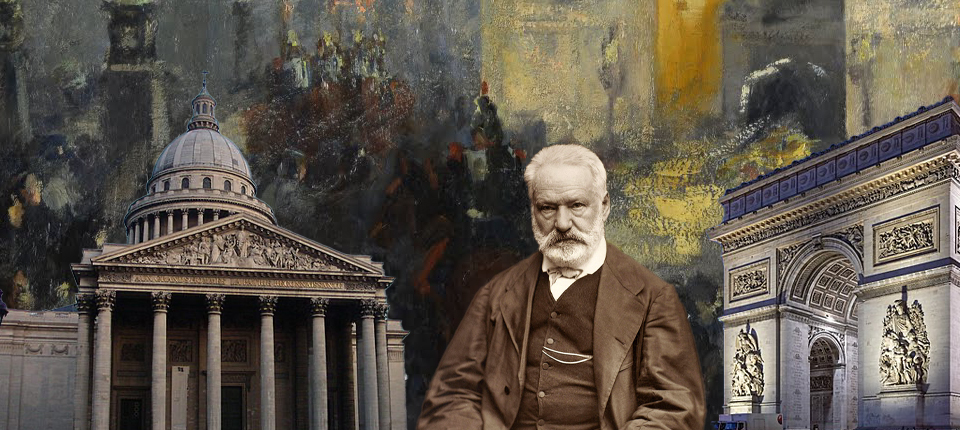Lit Hub Weekly: May 27 - 31, 2024
THE BEST OF THE LITERARY INTERNET

- Mark Harman on learning to understand both the surfaces and “subterranean passages” while attempting a new translation of Kafka. | Lit Hub On Translation
- “As I became more entrenched in the White nationalist movement, I gained more power to cause more harm to people and society in ways I came to deeply regret.” R. Derek Black on the extreme ideology of their upbringing and how young White nationalists are programmed to hate. | Lit Hub Politics
- A tribute to Paul Auster, featuring Siri Hustvedt, Don DeLillo, JM Coetzee, and more. | Lit Hub
- “I was a girl in the imagination of others and nowhere else.” KB Brookins on masculinity, gender, and trauma. | Lit Hub Memoir
- Take a look inside Alice Munro’s notebooks, where the author “tinkered and experimented, made detours and sudden revisions—where she surveyed the whole field of possibility before committing herself to a full, typed version of a story.” | The Paris Review
- “I think in my poems grief is synonymous with connection. To give up the grief is to give up the connection.” Hanif Abdurraqib interviews Diane Seuss. | The New Yorker
- David Palumbo-Liu makes the case for boycotting Israeli universities: “Ignored by these arguments is the extent to which Israeli universities undermine Palestinian education.” | Jacobin
- “When I read the memoirs of AAPI writers and creators, I study more than just their craft—I study their career and life choices.” On seeking guidance from those who came before you. | Los Angeles Review of Books
- Morgan Talty considers the restrictiveness of blood quantum, and what it means for his son. | Esquire
- Ashawnta Jackson explores the life and writing of Lucretia Howe Newman Coleman, a powerful voice in the Black press in the late 1800s who has largely faded from the record of women’s history. | JSTOR Daily
- Claire Messud talks to Joshua Cohen: “But I think in this particular time, in this 21st century, there is a real awareness of the colonial histories and legacies and how terrible they were.” | Interview
- “The writer may not be a ‘powerless observer,’ but it is political movements, not poets, who make history.” Gustav Jönsson on the writers who survived fascism. | Jacobin
- “I don’t believe in isolated movements. I believe that everything is intertwined, and nothing stands separately. I want to be in everything.” Read the 1980 interview between Dimitris Gkionis and Greek poet and actress Katerina Gogou, translated by Christina Chatzitheodorou. | Asymptote
- Read the latest issue of Transition magazine, which tracks “the intimate relationship of the Diaspora to all forms of life.” | Transition
- Author Kate Dwyer explains why it’s harder than ever for debut writers to break out. | Esquire
- Read June Jordan’s 1993 tribute to her friend and fellow activist, Audre Lorde (with an introduction by Alexis Pauline Gumbs). | Jewish Currents
Also on Lit Hub:
Understanding and accepting a schizophrenic mother • Willa Cather and the social and cultural impact of film’s triumph over the stage • What does the art of collage have in common with writing? • How to write an actually good sex scene (no, really) • How Judith Jones brought Sylvia Plath and Julia Childs to readers • A queer, carnivalesque vision of Chile’s independence day • Eve J. Chung on tradition, family, and mourning in Taiwan • What does Joseph Conrad’s Heart of Darkness have to do with America? • Elise Juska recommends school reunion books • Graham Caveney on illness, the body, and the philosophy of mortality • Are you the asshole if you think short stories are “glorified therapy sessions?” • Jenna Tang on translating Lin Yi-Han’s infamous novel, Fang Si-Chi’s First Love Paradise • On comics and the ways in which rocks are also people • Richard J. King on tall tales from the high seas • Yukiko Tominaga on writing in English and Japanese • Must-see literary film and television available in June • May’s best audiobooks



















